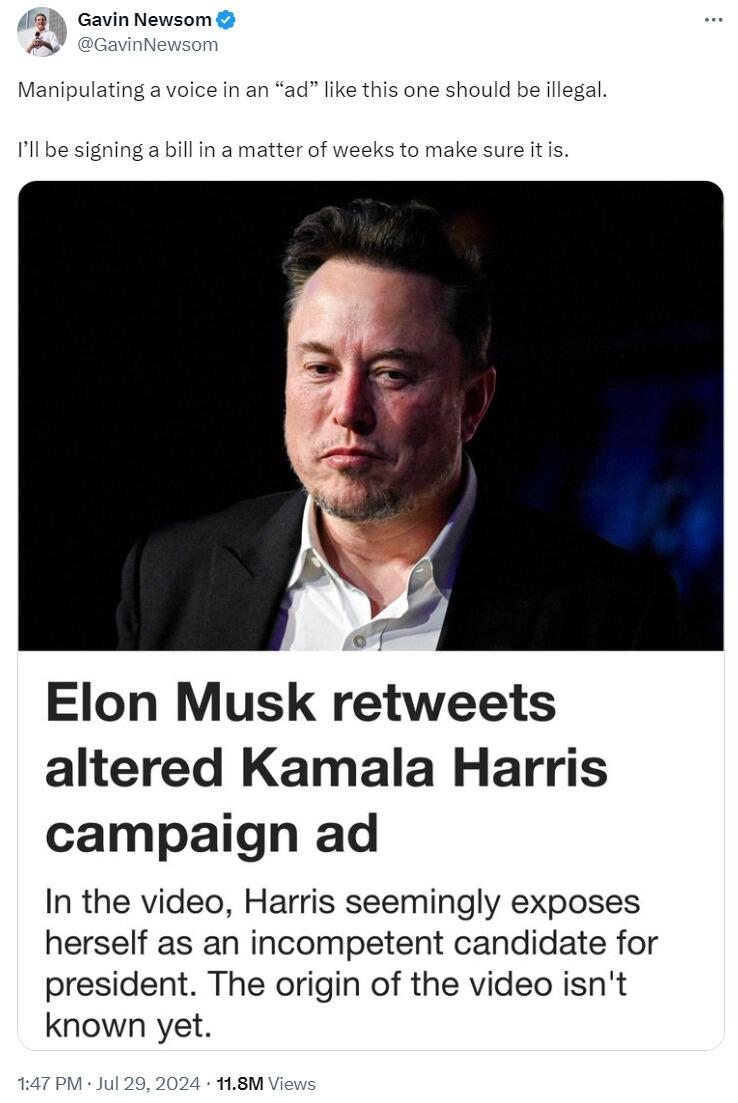In late August, a federal judge ruled that a Medicare policy, which essentially prohibits oncology practices from delivering medications to patients at home, can stand.
Some experts are concerned that leaving this Medicare policy in place will threaten access to cancer drugs for many patients, especially older individuals.
The US District Court judge, who dismissed the suit brought by the Community Oncology Alliance (COA) last year, said that COA "plausibly alleged that it and its members are harmed" by the Centers for Medicare & Medicaid Services (CMS) policy. But he explained that the government had broad ability to interpret physician activities, such as mailing prescription drugs to patients, as being a violation of the Stark law, which prohibits self-referrals.
During the COVID-19 pandemic, CMS had allowed patients to receive items by mail outside a physician's office, under the Public Health Emergency waiver. But as the public health emergency came to an end in early 2023, CMS reversed course, saying the practice would now be considered a Stark law violation.
In July 2023, COA sued the government, after it received a tip that CMS had updated its Stark law "Frequently Asked Questions" page, making it a violation for oncology practices to ship oral or injectable cancer drugs to patients by mail or delivery service or to have a caregiver to pick up a drug on a patient's behalf.
According to COA's Executive Director Ted Okon, the judge's recent decision to uphold the Medicare policy was not unexpected. The ruling was in line with an earlier opinion denying COA an injunction, Okon explained. The COA board will decide whether to appeal, but Okon noted that he would recommend against further litigation.
COA remains hopeful, however, that a bipartisan-backed bill— the Seniors' Access to Critical Medications Act (H.R.5526) — will be adopted by year's end, Okon said. The bill, which would reverse the CMS prohibition, was unanimously approved by the House Energy and Commerce Committee in June but is yet to receive any action in the Senate.
Hurdles to Access
Yen Nguyen, PharmD, director of pharmacy for Houston-based Oncology Consultants, said the 15-site practice had mailed or delivered medications to patients for years as a courtesy to those who might live far from the practices' three specialty pharmacies in the Houston area.
Oncology Consultants has a courier service and used a major shipping company to do next-day deliveries, said Nguyen, and these deliveries became more common with the growing use of oral cancer therapies.
About 2000 Medicare patients at the practice are currently taking specialty oncology drugs dispensed by Nguyen and her pharmacy colleagues, she said.
But once COA alerted Oncology Consultants about the CMS change, Nguyen ceased deliveries for Medicare patients. The change now requires patients — not a caregiver or other representative — to come in person to pick up a prescription.
This shift has created major hurdles for patients, said Nguyen. She recalled a wheelchair-bound patient with one eye and one leg who must now take a bus to come in once a month for his medication.
Nguyen said even the possibility of a Medicare sanction led Oncology Consultants to cease deliveries. But the CMS policy is puzzling, she said. With the advent of online shopping, "you can ship literally anything to your home," she said.
Okon said he is not aware of any enforcement actions that CMS has taken against a practice for delivering a drug to a patient or allowing a caregiver to pick up a prescription. "I think it's more the threat that CMS is using here," he said.
Okon also noted that COA has sued the government under the Freedom of Information Act to get access to any documents that might explain why CMS instituted the changes.
At the end of the day, "it's the patient that has to pay for this," Nguyen said. And it can be "a life and death price."



